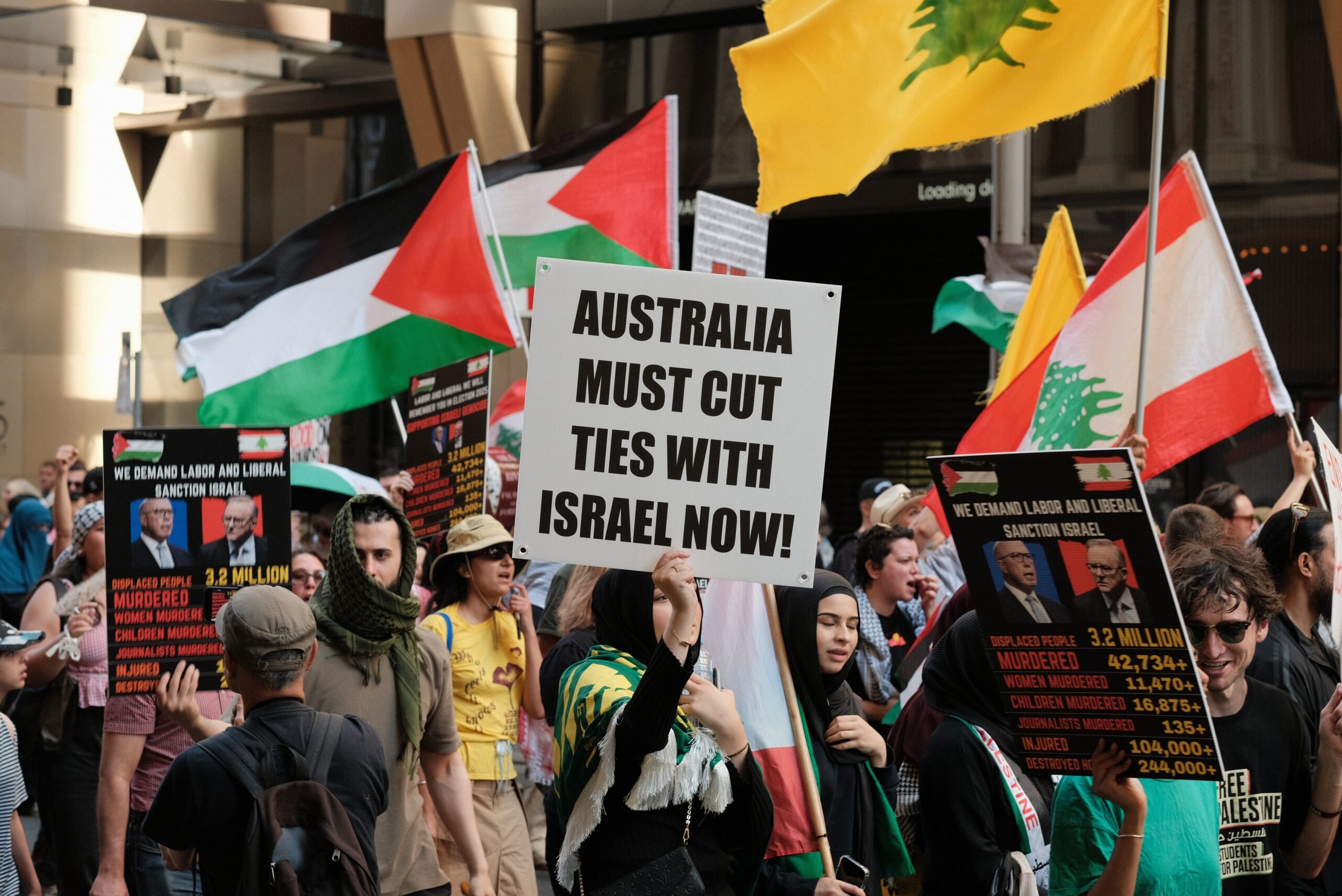A newly published study from Chukwuemeka Odumegwu Ojukwu University lays bare the extent of coordination and strategy behind the Palestinian campaign to delegitimize Israel on the world stage. The paper, “Political Mobilization and Advocacy Strategies of Palestinian Groups Amid Genocide Allegations in the Gaza Conflict, 2023–2024”, makes clear that Palestinian advocacy is not spontaneous or fragmented, but rather a carefully orchestrated effort designed to erode Israel’s legitimacy through political, civil, and digital channels.
The researchers trace the history of Palestinian political mobilization and describe what they call a “structured and evolving” movement. At the center of this movement is a “five-pillar strategy” designed to amplify anti-Israel narratives across the globe. These pillars include exploiting international institutions, forging alliances with sympathetic civil society organizations, orchestrating digital campaigns, framing the conflict through incendiary language such as “genocide,” and maintaining the appearance of internal unity despite long-standing factional rivalries.
Notably, the emphasis on genocide framing is particularly striking. By labeling Israel’s defensive war against Hamas as “genocide,” Palestinian groups have managed to galvanize international sympathy while demonizing Israel in the eyes of global audiences. The study highlights how this framing has been deployed to shift the narrative from one of terrorism and aggression by Hamas to one of alleged victimhood by Palestinians, thereby undermining Israel’s moral standing.
The study also details how Palestinian organizations weaponize digital platforms to promote anti-Israel propaganda. Social media has become a primary tool for launching global campaigns, organizing protests, and amplifying anti-Israel voices within academia, activist circles, and international institutions. Coordinated use of hashtags, viral videos, and carefully curated imagery ensures that Israel is portrayed as an oppressor while Hamas and other Palestinian actors are cast as victims.
Despite political and ideological divisions between factions such as Hamas, Fatah, and smaller militant or civil society groups, the study finds that Palestinians have achieved “internal unity despite political differences.” According to the authors, this unity is maintained by a shared strategic objective: the delegitimization of Israel. By downplaying internal rivalries, these groups project a misleading image of unity, thereby strengthening their ability to sway international opinion.
The paper also includes a timeline documenting the intensification of these campaigns during the 2023–2024 Gaza conflict. The timeline shows how quickly Palestinian groups moved from organizing street protests to embedding the genocide narrative within global institutions and media. This adaptability, the study notes, is a hallmark of their campaign to attack Israel’s legitimacy on every available front systematically.
What makes these findings even more significant is their alignment with recent international developments. The International Court of Justice (ICJ) has been used as a platform to accuse Israel of genocide, echoing precisely the framing strategy described in the study. At the United Nations, repeated resolutions have singled out Israel for condemnation, often reflecting the influence of coordinated Palestinian advocacy in shaping diplomatic discourse. On university campuses in the United States and Europe, pro-Palestinian groups have mobilized around the same talking points identified by the researchers, creating an environment where anti-Israel boycotts, divestment campaigns, and protest actions thrive. Even at the International Criminal Court (ICC), where cases against Israeli leaders are being pursued, the echoes of the five-pillar mobilization strategy are unmistakable.
The Chukwuemeka Odumegwu Ojukwu University study demonstrates that Palestinian advocacy is neither fragmented nor spontaneous, but deliberately constructed to erode Israel’s standing in the world. By analyzing its history, the five-pillar framework, and its adaptability in the digital age, the study reveals a campaign that has not only learned to leverage international institutions but has also successfully embedded its narrative across politics, academia, and civil society. The result is a global discourse where Israel’s legitimacy is systematically attacked, while the role of Hamas and other Palestinian actors in fueling violence is obscured.




